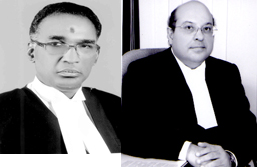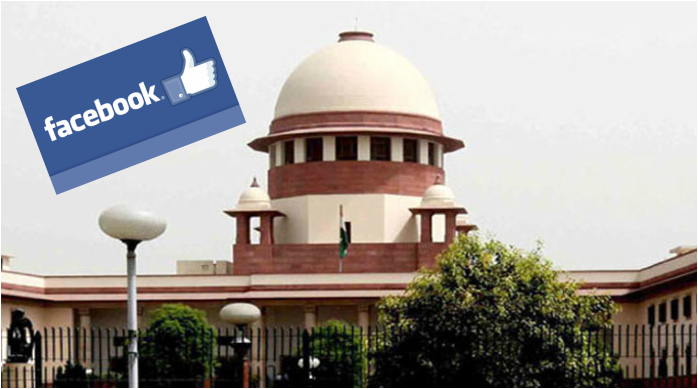In a landmark judgment, the Indian Supreme Court decided upon a constitutional challenge to three provisions of the Information Technology Act: Sections 66A, 69A and 79. All these provisions had attained a unique degree of notoriety in recent times, for their effect on suppressing online freedom of speech and expression. Section 66A criminalized online communication that is "grossly offensive", has a "menacing character", or causes "inconvenience or annoyance". Section 69A authorised the Indian government to block websites, and through a set of rules, lay out the procedure for doing so. And Section 79 dealt with the situations where online "intermediaries" (ie, search engines, social media platforms etc.) must "take down" illegal speech that internet users might have posted, and were being hosted by their platforms. The Indian Supreme Court held that Section 66A violated the constitutional right to freedom of speech and expression, and was therefore void. It upheld Section 69A and the blocking rules. And it upheld Section 79, but limited its scope by "reading it down". Each of these decisions will have widespread effects, not merely upon online speech, but upon censorship and the freedom of speech and expression across Indian media.
 NEW HEROES: JusticeS Nariman and Chelameswar
NEW HEROES: JusticeS Nariman and Chelameswar Brutus is chastised for calling Julius Caesar ambitious and is repeatedly said to be an “honourable man”. He then shows the crowd Caesar’s mantle and describes who struck Caesar where. It is at this point, after the interjection of two citizens from the crowd, that Antony says:
“Good friends, sweet friends, let me not stir you up
To such a sudden flood of mutiny.
They that have done this deed are honourable:
What private griefs they have, alas, I know not,
That made them do it: they are wise and honourable,
And will, no doubt, with reasons answer you.
I come not, friends, to steal away your hearts:
I am no orator, as Brutus is;
But, as you know me all, a plain blunt man,
That love my friend; and that they know full well
That gave me public leave to speak of him:
For I have neither wit, nor words, nor worth,
Action, nor utterance, nor the power of speech,
To stir men's blood: I only speak right on;
I tell you that which you yourselves do know;
Show you sweet Caesar's wounds, poor poor dumb mouths,
And bid them speak for me: but were I Brutus,
And Brutus Antony, there were an Antony
Would ruffle up your spirits and put a tongue
In every wound of Caesar that should move
Quoting Shakespeare the judgement says, "It is at this stage that a law may be made curtailing the speech or expression that leads inexorably to or tends to cause public disorder or tends to cause or tends to affect the sovereignty & integrity of India, the security of the State, friendly relations with foreign States, etc. Why it is important to have these three concepts in mind is because most of the arguments of both petitioners and respondents tended to veer around the expression “public order”.


